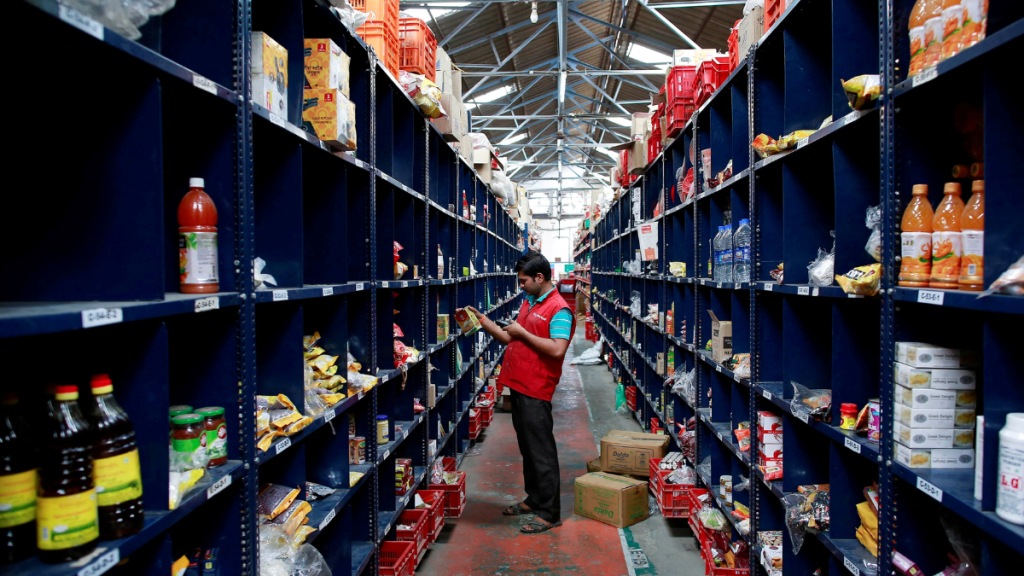Commerce and industry minister Piyush Goyal on Wednesday questioned the business practices of global e-commerce giants like Amazon in India, accusing them of using corporate structures to circumvent rules and indulging in predatory pricing while taking on huge losses.
“When Amazon says we will be investing $1 billion in India and we celebrate, we forget the underlying story. Those billion dollars are not coming for any great service or investment to support the Indian economy. They made a billion-dollar loss in their balance sheet that year. They have to fill in the loss (from discounted sales),” the minister said at the release of a report called Net Impact of e-commerce on Employment and Consumer Welfare in India.
“The loss of `6,000 crore a year smells of predatory pricing,” Goyal said.
“And how did that loss get caused? They paid `1,000 crore to professionals. I do not know who these professionals are…I would love to know which chartered accountants, professionals or lawyers get `1,000 crore unless you are paying all the top lawyers to block them so that nobody can fight a case against you,” the minister added.
Amazon has invested close to $11 billion in India and has plans to put in $15 billion more. According to foreign direct investment (FDI) rules, foreign e-commerce companies can only operate a marketplace in India and cannot sell their own products directly to consumers.
“They (e-commerce companies) create entities, where Indians contribute to making these entities. When they get caught, they end up closing down those entities. They only reel out all the business through those entities to show that this is business-to-business. Should it not be a matter of concern for all of us?” Goyal asked.
The minister said that through predatory pricing, e-commerce companies are eating into the small retailer’s high-value, high-margin products that are the only items through which the mom-and-pop stores survive. Against the backdrop of the fast-growing online retailing sector, Goyal asked, “Are we going to cause huge social disruption with this massive growth of e-commerce?”
Pointing out that there are more than 10 million retail stores in the cities and around 100 million all across the country, the minister said he doesn’t see it as a matter of pride that “half of our market becomes part of e-commerce”. “It is a matter of concern”, he added.
Europe and America, he said, have seen the consequences of the growth of e-commerce where mom-and-pop stores are struggling, while Switzerland allowed e-commerce very late.
The minister also expressed concern over the proliferation of cloud kitchens, driven by the food delivery industry and online pharmacies.
“We will land up becoming a country of couch potatoes, watching OTT and having food at home every day,” he said.
“We have to assess what is happening to 500,000 pharmacies in the country,” he added.
India’s e-commerce industry is estimated to grow at $325 billion by 2030 from $70 billion at present, according to the Invest India report. The share of e-commerce in overall retail is around 7.8%. The buyers on e-commerce platforms are also expected to touch 500 million by 2030. The sector is growing at 27% a year so by that rate, it will double in every 2.5 to 3 years.
“Of course, I do not deny that technology will play its part, technology is a means to empower, to innovate, to meet consumer requirements, probably sometimes more efficiently. But we will have to see that it grows in an orderly fashion,” Goyal said.
